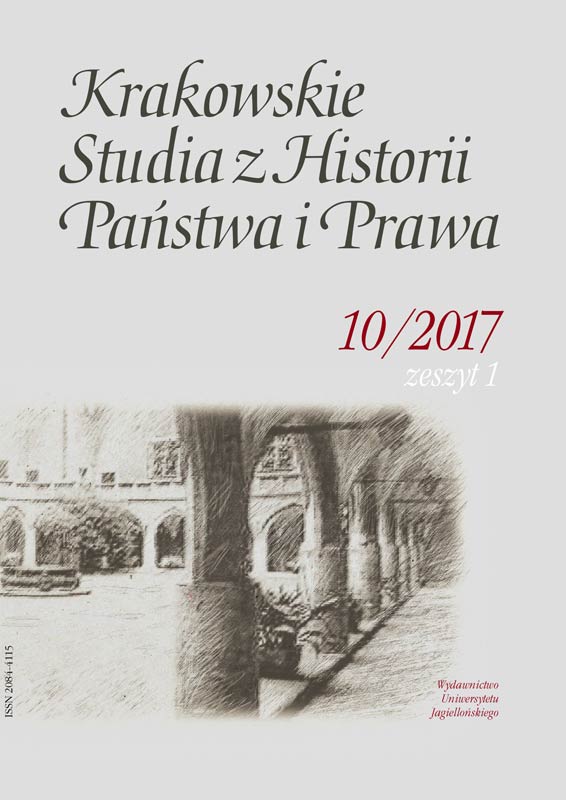Religionsfreiheit in Deutschland – zwischen kulturgeschichtlicher Bedeutung der Religion und der Neutralitäspfl icht des Staates
Religious Freedom in Germany. Between the Cultural Importance of Religion and the Duty of the State to Remain Neutral
Author(s): Magdalena BainczykSubject(s): History, Cultural history, Social history, Canon Law / Church Law, Sociology of Religion
Published by: Wydawnictwo Uniwersytetu Jagiellońskiego
Keywords: Religionsfreiheit; Grundgesetz; Bundesverfassungsgericht; Neutralitätsprinzip
Summary/Abstract: Although the Constitution of the German Federal Republic contains relatively numerous references to religion, its original content became – in this area – substantially redefined by the Republic’s Constitutional Tribunal (hereinafter referred to as BVerfG). The redefinition was aimed at removing Christian religion from the public space. In order to reach that goal the BVerfG applied above all the specifically understood principle of religious and viewpoint neutrality. Likewaise, BVerfG resorted tothe negative aspect of religious freedom, thereby promoting the “freedom from religion”. The religious freedom, conceived of in this way, allowed to remove crosses from public schools. At the same time there may be posed a question about a neutrality of the BVerfG itself since in its decisions issued in 2003 and 2015 it declared that bearing Islamic shawls by the female teachers of public schools is consistent with the Constitution.
Journal: Krakowskie Studia z Historii Państwa i Prawa
- Issue Year: 10/2017
- Issue No: 1
- Page Range: 49-67
- Page Count: 19
- Language: German

